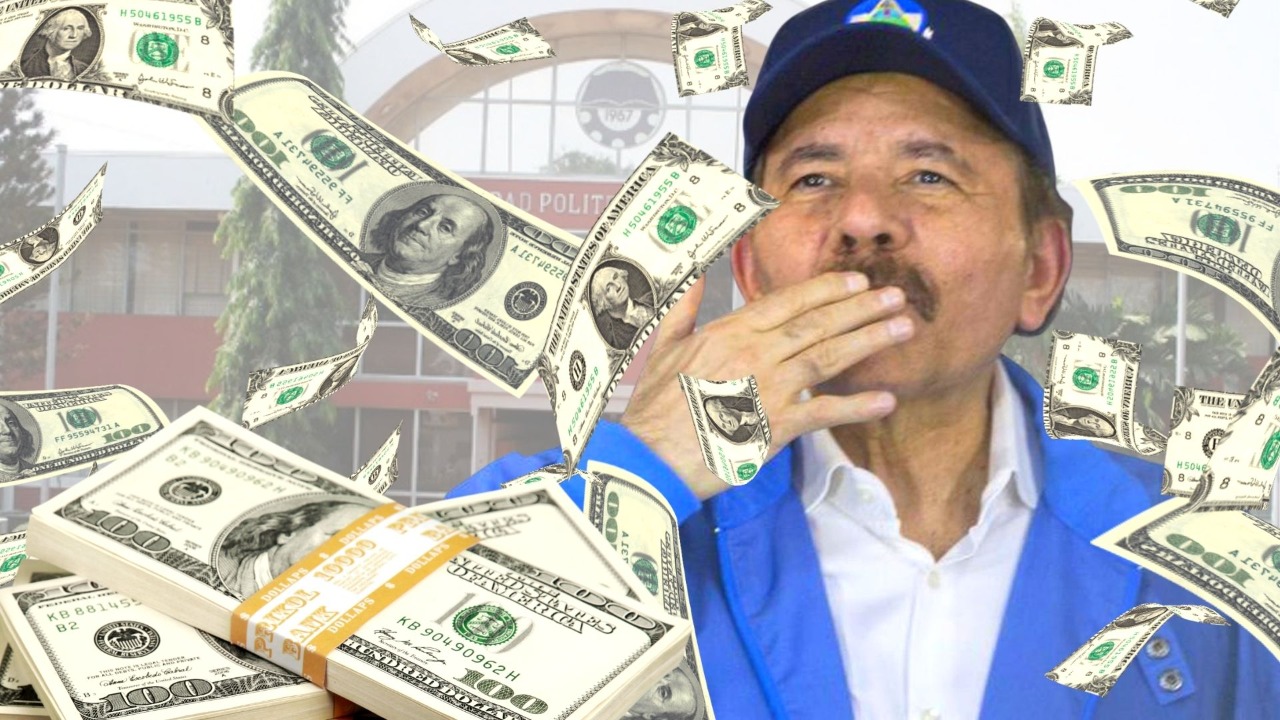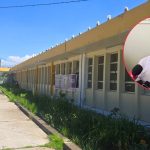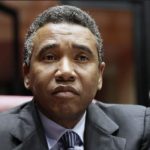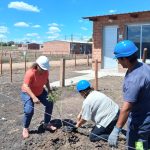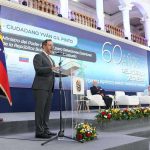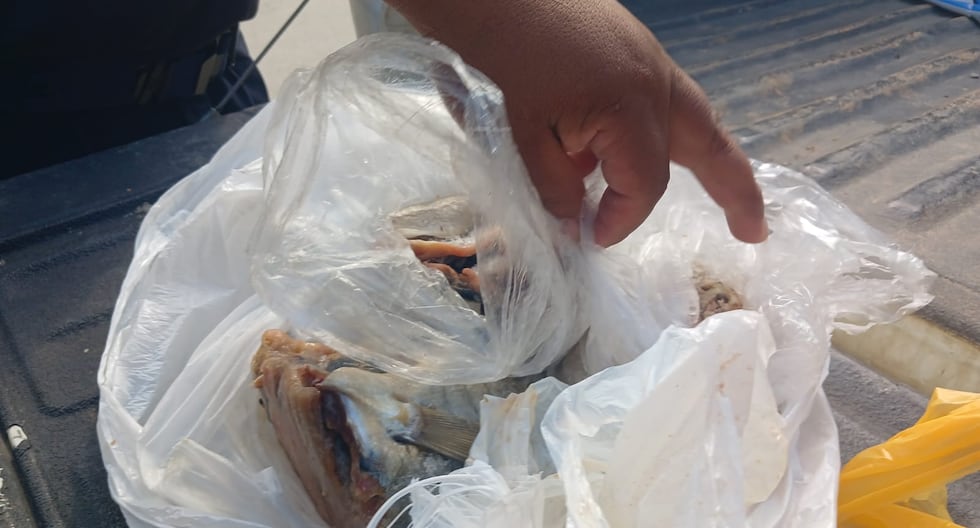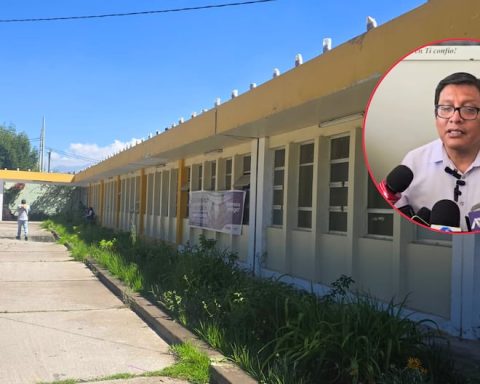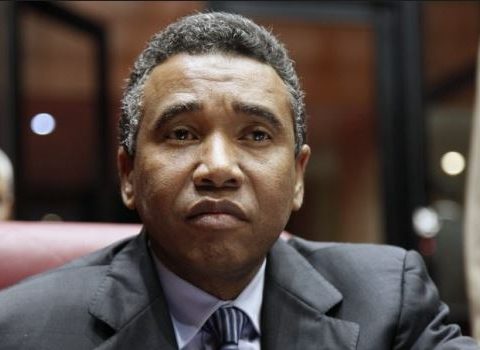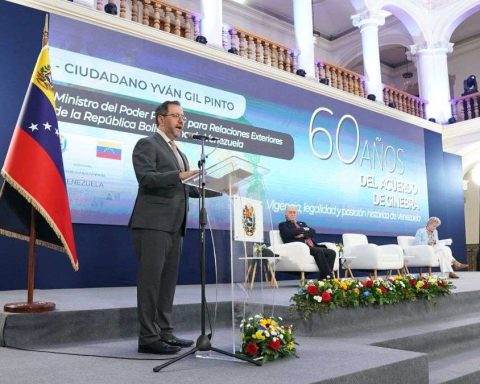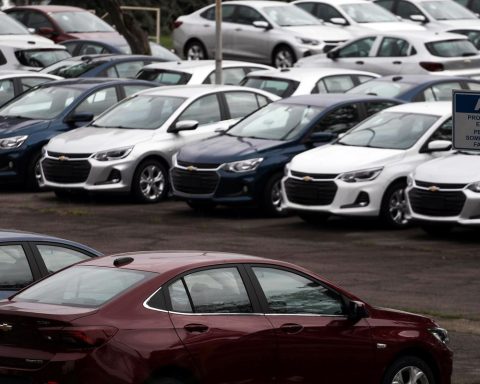Nicaragua’s economy is excessively dollarized in an “unofficial” way, and although the Ortega-Murillo dictatorship, through Laureano “El Chigüin” Ortega, has boasted of its intentions to “de-dollarize” it, that process must be voluntary, no one is It could force you to exchange your dollars for córdobas, warns Nicaraguan economist Néstor Avendaño.
In his Economy Blog, updated as of October 20 of this year, economist Avendaño highlights that “until the end of last August, the unofficial dollarization of the Nicaraguan economy, represented by the participation of deposits in foreign currency in the banking system commercial, was equal to 58.7% of the country’s total liquidity (M3A).”
The expert points out that this level of dollarization is “excessive” and that it should be reduced to the maximum of 25%, so that the córdoba recovers and normalizes its 75% participation in the global liquidity of the economy.
Added to this, according to Avendaño, is that the córdoba, the legal tender in the country, only occupies 30.5% of the economy, when it should be at least 75%. While “the córdoba with value maintenance”, which in reality, as the economist explains, is “a dollar in disguise”, represents 10.8% in the national economy, “with the total balance of savings and term deposits or quasi-money.
Related news: Ortega wants to “de-dollarize” the economy, but economic agents and the population distrust the córdoba
“With these three percentage data it is demonstrated that Nicaragua is a very unofficially dollarized country,” defines the expert, who has previously warned that “the córdoba without a surname is a marginalized currency in the country’s monetary market, given the great preference of the public in the possession of foreign currency.
It is necessary to “de-dollarize” but it cannot be by force
The specialist warns that “de-dollarization” will reactivate Nicaragua’s monetary and exchange policies, therefore, this process is necessary.
Daniel Ortega’s regime has insisted in recent months on its intention to “de-dollarize” the Nicaraguan economy, supposedly to “facilitate better performance of the BCN’s monetary policy” and in this way also “counteract the sanctions” imposed by the US. .US to officials and institutions linked to repression in the country.
The standard bearer of this claim is Laureano “El Chigüin” Ortega, the son of the dictatorial marriage appointed by his father as an investment advisor, who has boasted that Nicaragua would stop depending on the dollar, especially with its entry into the BRICS economic bloc. , (Brazil, Russia, China, India and South Africa), however, that possibility has already been buried by the Brazilian president Luiz Inácio Lula da Silva, who vetoed the entry into that organization of the Ortega dictatorship.
However, “de-dollarizing,” which means “reducing the dollar’s participation in the total liquidity of the economy” is not an easy process, because national commerce does not trust much in the córdoba and also because it cannot be forced.
“In a de-dollarization process, no one should be forced to return their dollars, nor should anyone have their dollar accounts frozen,” the expert advances.
And he adds that “de-dollarization is voluntary, limits should not be placed on deposits or loans in dollars, nor should more taxes be imposed on intermediation in dollars, much less force the conversion of dollars to córdobas.”
Related news: “The dollar dictatorship” is coming to an end, says Laureano Ortega Murillo
He recalled that dedollarizing is “strengthening confidence in the córdoba and stopping depending on the US dollar or any strong currency, but warns that” forcing consumers and producers to use the córdoba, a currency in which they distrust, despite its formidable stability, now strengthened by the growing flow of remittances, could lead to a “heavy disintermediation or displacement of risk”.
In that sense, Avendaño points out that care must be taken to force this process to “avoid capital flight that would destroy the productive apparatus.”
To this end, it makes several recommendations, among which it stands out that, “the current issuance policy of the córdoba must be maintained, which is, not lending cash to the Non-Financial Public Sector (SPNF) and the BCN must be a lender of last resort to the financial system.” national”.
He maintains that the political consensus that must be reached around this issue “would not be to de-dollarize, because the córdoba is the legal tender of the country, but rather on how to do “de-dollarization” to require effective social mobilization around this issue. », that is, so that people do not resist the process.
The economist Avendaño considers that there are certain conditions that facilitate de-dollarization, and recognizes, for example, that this process requires “a significant balance of gross international reserves, that is, one that equals at least 2.5 times the monetary base (in September current year was equal to 3.6 times) and between 5 months and 10 months of imports of CIF goods (in September of the current year it was equal to 8.2 months), the two current conditionalities of the country’s macroeconomic stability.
It also points out that “low inflationary pressure” is required, and actions by the country’s financial authorities that help restore confidence in the córdoba, stimulate the use of the national currency and “discourage” the use of the dollar.
